Few things scream “Black culture meets universal cool” like Soul Train. Known as the “Hippest Trip in America,” this iconic music and dance television show didn’t just entertain; it elevated Black music, fashion, and culture to a national—and eventually global—stage. And behind its groove-filled magic stood the sharp, smooth-talking, baritone-voiced Don Cornelius, a pioneer who believed in celebrating Black excellence in the most unapologetic way possible.
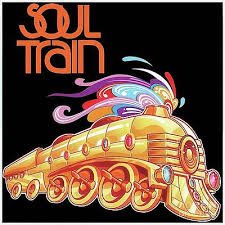
It all began in Chicago, 1970. Don Cornelius, a former journalist and radio DJ, had a vision: to create a TV show that showcased Black music and dance. At the time, Black artists were wildly underrepresented in mainstream media. Cornelius, who had been covering the civil rights movement for Chicago’s WVON radio station, understood the power of visibility. He knew that giving Black artists, dancers, and culture a platform wasn’t just entertainment—it was liberation.
Cornelius pitched his idea to a local TV station, WCIU, and soon Soul Train aired as a Chicago-based program. The show was an instant hit, and by 1971, it went national. Suddenly, living rooms across America were vibing to Marvin Gaye, The Jackson 5, and Aretha Franklin, while talented dancers—like the legendary Soul Train line—moved to the music in ways no one had seen on TV before.
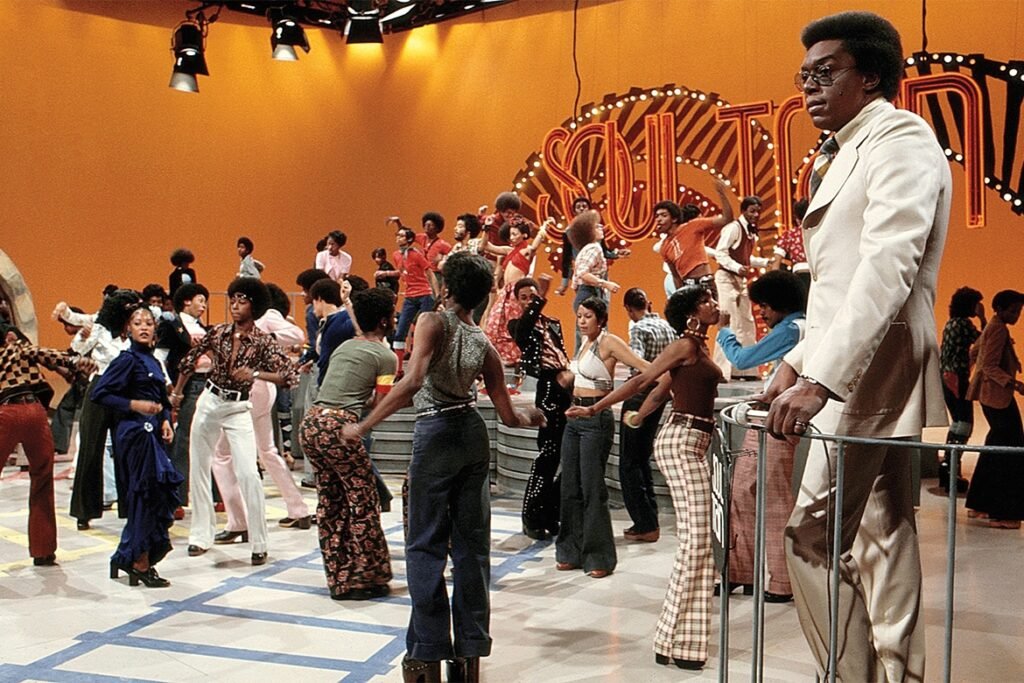
At its core, Soul Train stayed true to its mission: celebrating Black music and culture. But as the years rolled on, the show evolved alongside the changing soundscapes of music.
The 1970s: The golden era of funk, soul, and disco. Artists like James Brown, Curtis Mayfield, and Earth, Wind & Fire graced the stage. The show became synonymous with the “Soul Train line,” where dancers formed two rows and let loose their best moves.
The 1980s: As the music world shifted to R&B and hip-hop, Soul Train adapted, hosting legends like Prince, Whitney Houston, and a young Run-D.M.C.. This era was also marked by dazzling outfits, big hair, and Don Cornelius’ increasingly dapper style.
The 1990s and beyond: Hip-hop took center stage, and Soul Train embraced it. Icons like Tupac Shakur, Aaliyah, and Destiny’s Child kept the show relevant. Though Cornelius stepped down as host in 1993, his influence remained, and the show continued until 2006.
Peak moments? Too many to count! From Michael Jackson’s explosive performances to Stevie Wonder’s live medley, every performance was a love letter to Black music. But for vinyl lovers, perhaps the biggest highlight was the sheer variety—Soul Train brought chart-toppers and underground gems together, just like your dream playlist.
But, who was Don Cornelius beyond the host with the smoothest voice in TV history? Born in Chicago in 1936, Cornelius started his career as a journalist, reporting on Black issues and civil rights. But he quickly realized the power of media to bring change. After a stint as a DJ, he moved into television, where his charisma and ambition opened doors.
Cornelius had a knack for spotting talent—both musical and cultural. He personally scouted artists, curated music, and even influenced fashion trends. His suits became sharper over the years, but his focus stayed the same: uplifting Black culture and helping Black artists succeed in an industry that often marginalized them.
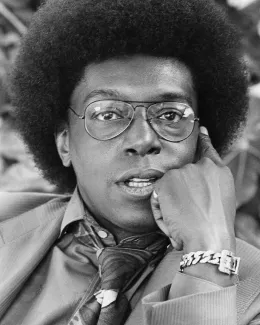
What made him different? Cornelius didn’t conform. While mainstream TV pushed cookie-cutter hosts, Don brought his authentic self: calm, confident, and unapologetically Black. His signature line, “Love, peace, and soul,” became more than a catchphrase; it was a declaration of pride.
Cornelius also championed the Black entertainment industry, paving the way for artists and creators to own their narratives. In a sense, he built the blueprint for what Keep Da Beat aims to do—empower artists, preserve culture, and celebrate music in its purest forms.
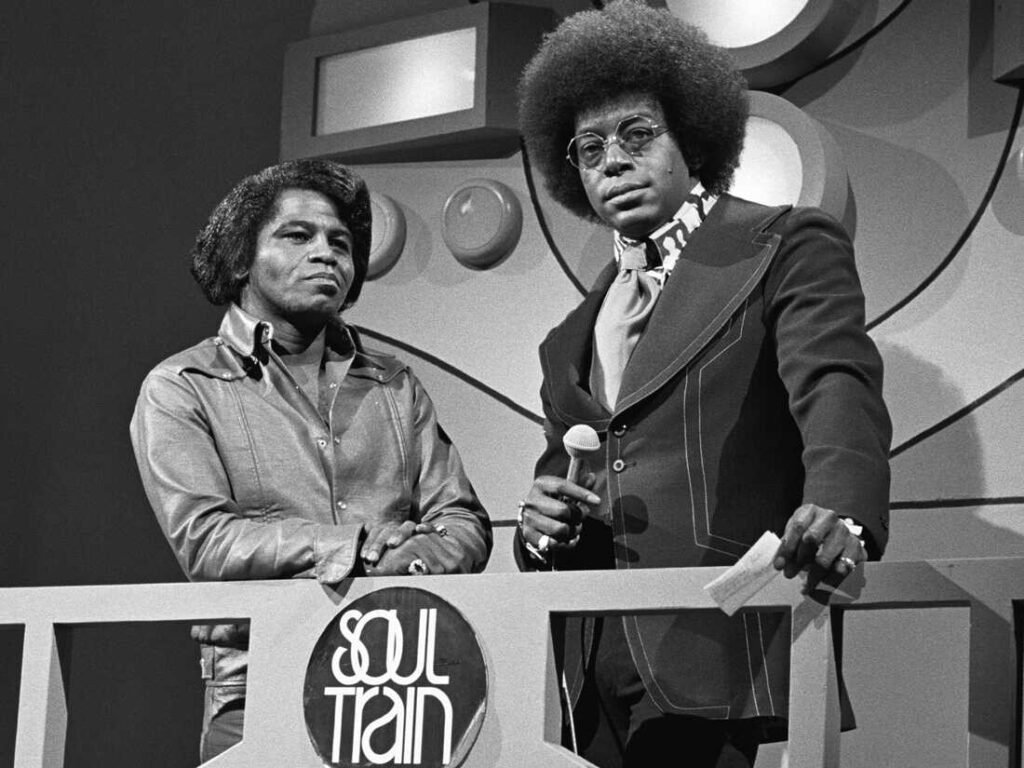
Even decades after its final episode, the Soul Train legacy lives on. It introduced generations to the best of Black music, created countless cultural moments, and inspired future creators to take pride in their roots. Without it, shows like BET’s 106 & Park or the Verzuz battles might not exist.
For vinyl enthusiasts like us, it’s also a reminder of the golden era of analog sound. Many of the tracks performed on Soul Train were pressed onto vinyl, and spinning those records today feels like time-traveling to the magic of the original broadcast.
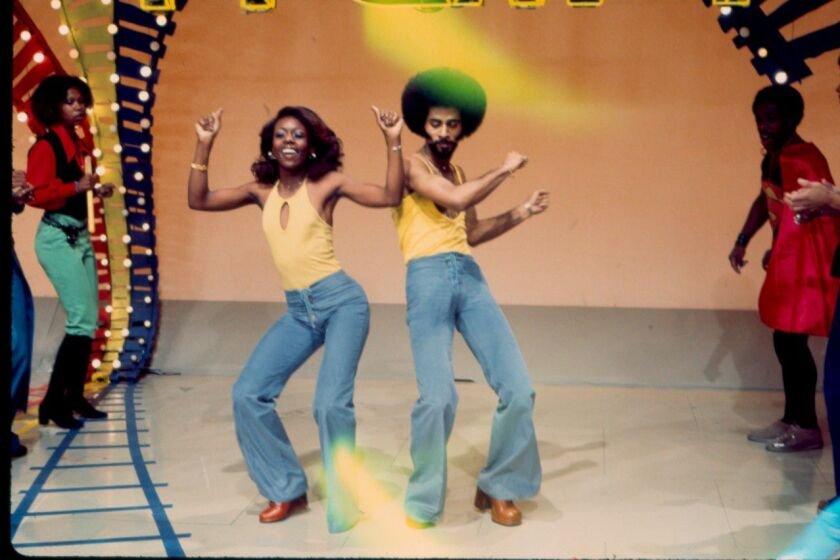
So, next time you drop the needle on a classic record, think of Don Cornelius and the dancers grooving down the Soul Train line. And remember, like Don always said: “Love, peace, and soul.”
What are your favorite Soul Train moments? Or maybe a vinyl in your collection that takes you back? Let’s keep the conversation going—Keep Da Beat!
